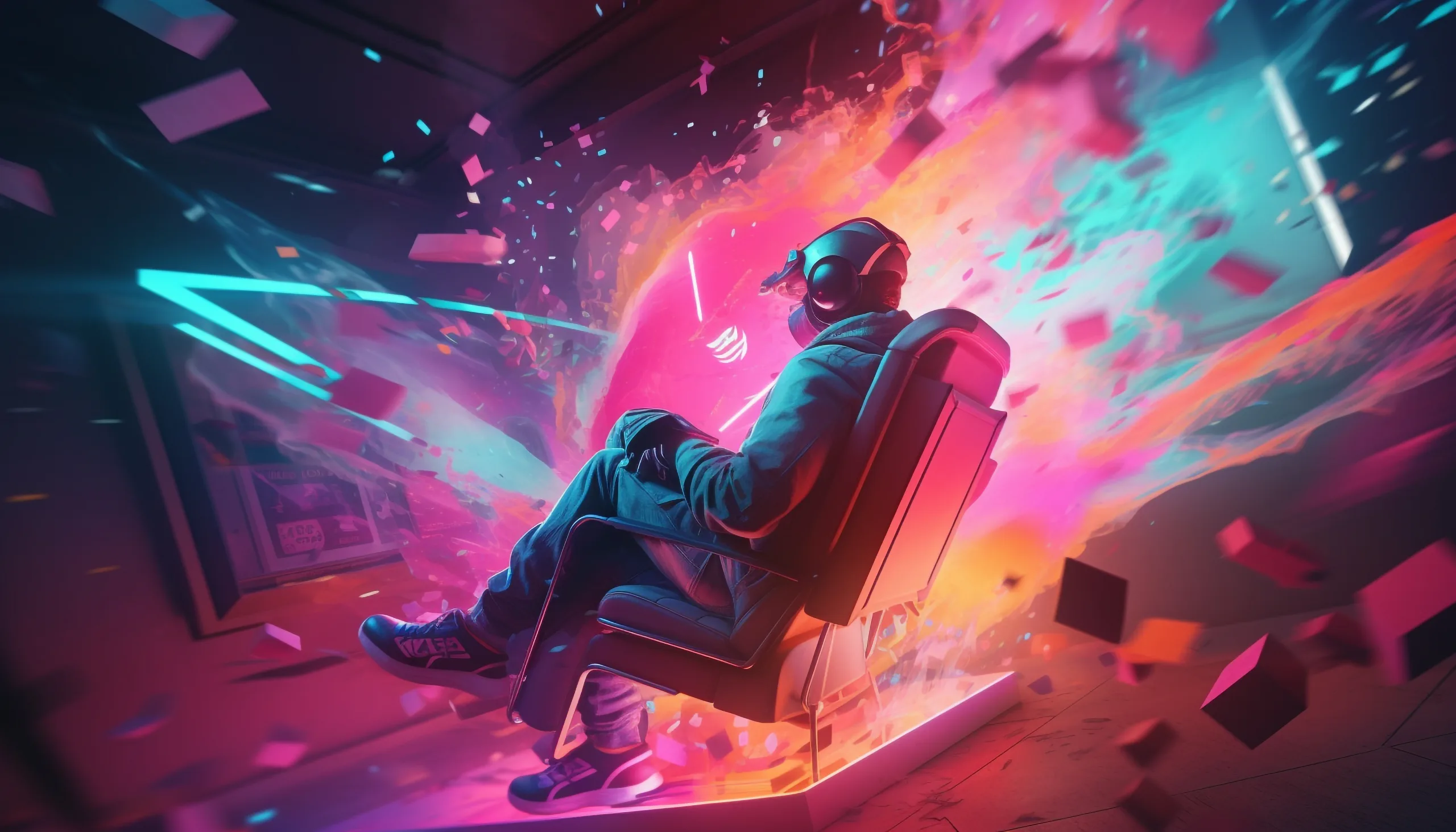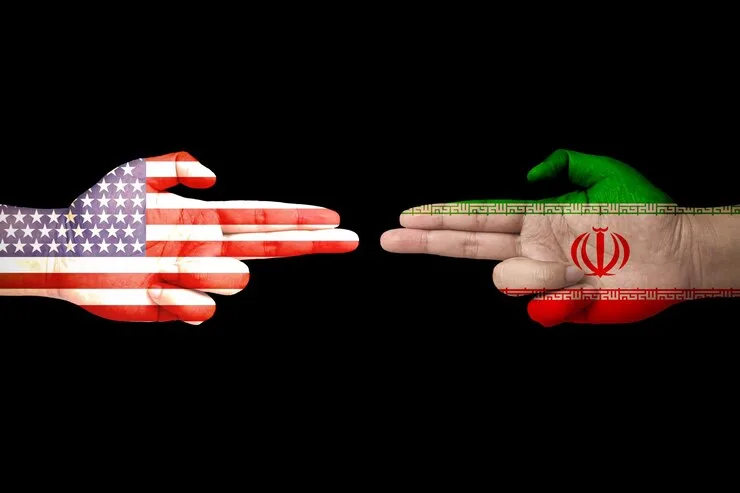Video games are often seen as pure entertainment—but they can be much more than that. In recent years, researchers, educators, and psychologists have begun to explore a surprising benefit of gaming: the ability to boost creativity.
From building entire worlds in Minecraft to solving complex puzzles in Portal, video games challenge players to think differently, experiment, and stretch their imagination. But how exactly do games encourage creativity, and which types of games offer the most benefits?
Let’s explore the fascinating connection between video games and creative thinking.
🎮 What Is Creativity?
Creativity is the ability to:
-
Generate new ideas
-
Solve problems in novel ways
-
Think outside the box
-
Combine existing concepts to create something original
It’s not just about art or music—creativity is crucial in science, business, and everyday life.
🧠 How Video Games Boost Creative Thinking
1. Open-Ended Problem Solving
Many games place players in unfamiliar situations with no clear solution. This forces them to:
-
Experiment with different strategies
-
Learn from trial and error
-
Adapt to changing challenges
This type of divergent thinking—finding multiple paths to a solution—is a key component of creativity.
Example: In games like The Legend of Zelda: Breath of the Wild, players can approach obstacles in countless ways using physics, tools, and clever tactics.
2. World-Building and Sandbox Games
Sandbox games give players full control over their environment. They can build, destroy, design, and experiment freely.
Example:
-
Minecraft lets players build anything from castles to working computers.
-
Roblox allows users to create entire games for others to play.
These games promote imaginative freedom—a core aspect of creative expression.
3. Storytelling and Role-Playing
Games with deep narratives and character development allow players to:
-
Make decisions that affect the story
-
Explore multiple perspectives
-
Imagine themselves in different roles and worlds
Example:
In The Witcher or Mass Effect, players shape the story through dialogue choices and moral decisions, encouraging emotional intelligence and narrative creativity.
4. Modding and Game Design
Some games have strong modding communities, where players create new levels, characters, or gameplay mechanics.
Examples:
-
Skyrim mods that change visuals, dialogue, and quests
-
Dreams on PS4, where users design entirely new experiences from scratch
Creating mods or custom content is a powerful form of creative output that combines coding, design, writing, and art.
5. Cooperative and Social Play
Multiplayer games often require teams to work together and think on their feet. Solving problems with others builds:
-
Creative communication
-
Role adaptation
-
Collaborative storytelling
Games like Among Us, Fortnite Creative, or Overcooked require both imagination and teamwork.
🧪 Scientific Research Supports the Link
A 2014 study from Michigan State University found that children who played video games were more likely to be creative in drawing and storytelling tasks, even when the games were not explicitly artistic.
Another study published in Creativity Research Journal showed that video games foster divergent thinking, which is a strong predictor of creative ability.
📱 Not All Games Are Equal
While many games can support creativity, others may offer less benefit—especially those focused purely on repetitive tasks or passive storytelling.
Games that best enhance creativity are typically:
-
Open-ended
-
User-driven
-
Problem-solving based
-
Flexible in playstyle
🎓 Video Games in Education
Educators are beginning to embrace video games as tools for learning:
-
Minecraft Education Edition teaches coding and architecture
-
Puzzle games improve logic and spatial reasoning
-
Narrative games build empathy and literacy
Used thoughtfully, games can complement traditional education and enhance creative skill development.
Frequently Asked Questions
🎯 Final Thoughts
Video games are more than just digital distractions—they can be platforms for creative growth, critical thinking, and imaginative exploration. Whether you’re designing a city, crafting a strategy, or navigating a complex story, you’re actively engaging in creative problem-solving.
In the right context and with the right games, video games can be a powerful tool to ignite and nurture creativity in both kids and adults.




Discussion (0)